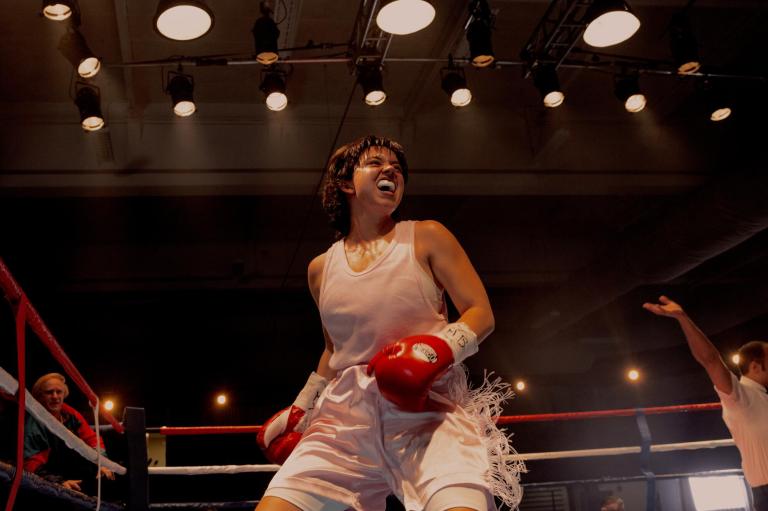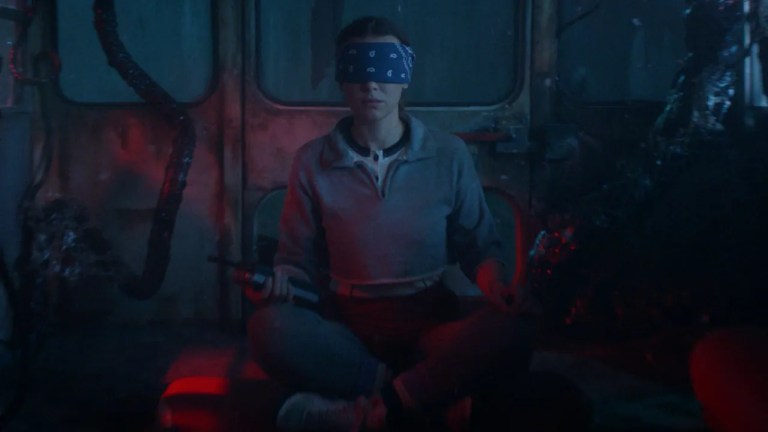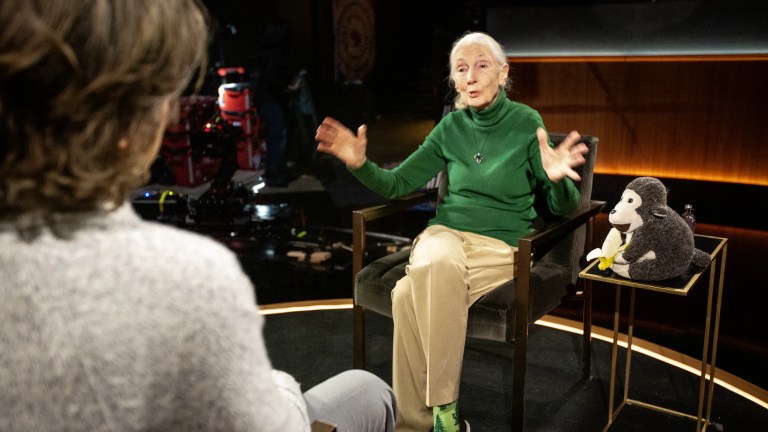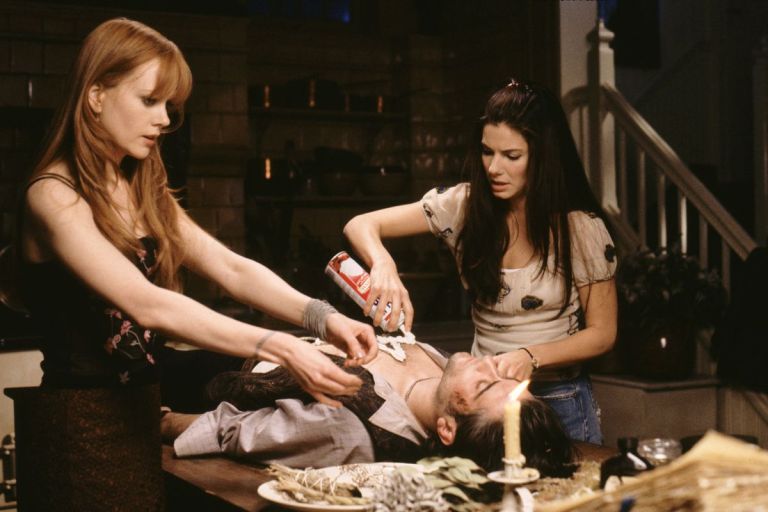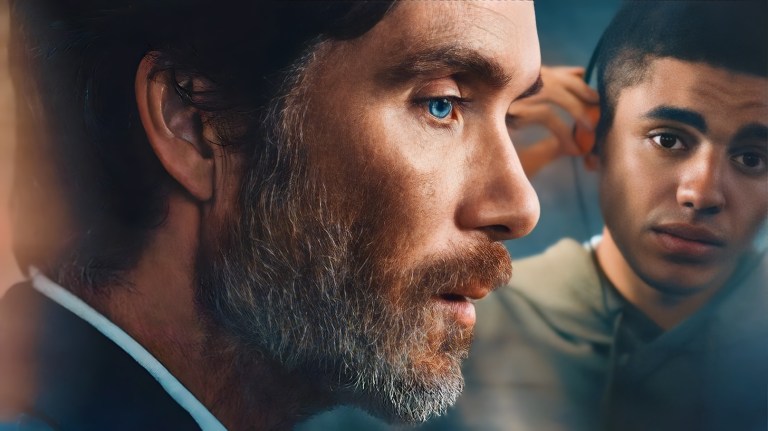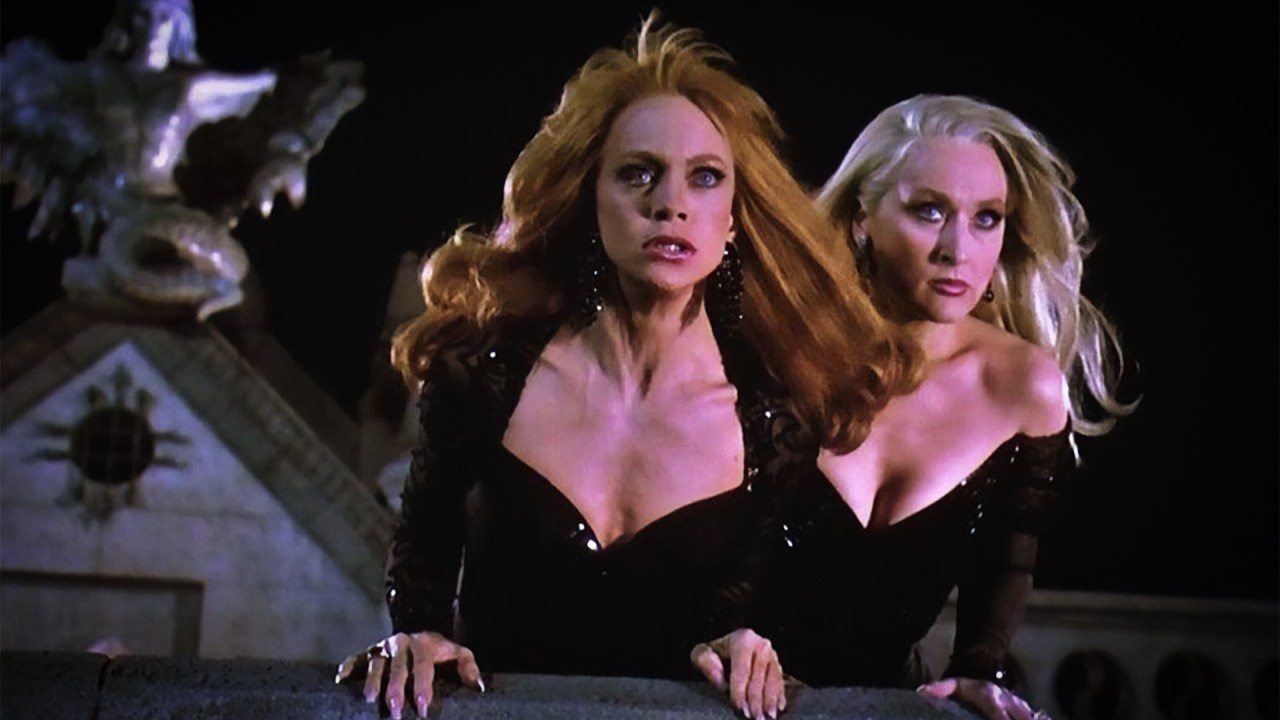
5 Iconic Camp Movies That We NEED To See Remade (Correctly)
When it comes to camp classics, some are worthy of a reimagining. That is if those behind the remakes can recreate the same magic.
By ![]() Josh Lezmi
Josh Lezmi
When it comes to camp classics, some are worthy of a reimagining. That is if those behind the remakes can recreate the same magic.
While cashing in on nostalgia has been Hollywood’s MO as of late — from rebooting age-old sitcoms to creating sequels decades following the original films — some of Tinseltown’s most iconic camp creations have been excluded from this trend. Are they unworthy of the remake renaissance? Or, are filmmakers afraid they won’t be able to recapture the bizarre combination of wackiness and melodrama? The over-the-top acting and narrative absurdity that, oftentimes, is not premeditated but serendipitous. Whatever the cause may be, it’s time some beloved camp movies get to return to the silver screen. Here are the five we want to see and how to do them right.
The Rocky Horror Picture Show (1975)
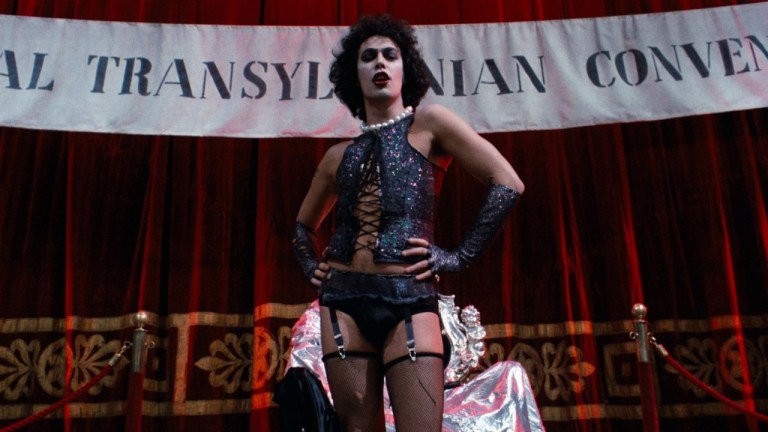
We’re sorry Fox, but your live version of The Rocky Horror Picture Show — sanitized and stripped of the sexy spark inherent to the Tim Curry-led film — was simply not good enough. The film incongruously aimed to incorporate aspects of both the stage and film versions, leading to a pale imitation of both predecessors.
The film, first off, warrants an R-rating (if the creators yearn to strike the original’s mature-themed appeal). The 1975 film was rated R, and let’s just say PG-13 films were arguably a bit more risque (and lenient) back in the day. Newlyweds stumble upon an eerie mansion filled with an eclectic crew of characters — creepy, cooky, charismatic, and everything in between — and discover a lead scientist who is “making a man with blonde hair and a tan.”
In short, the movie cannot take itself seriously, and it would likely benefit from a drag performer in the leading role — an entertainer accustomed to taking on over-the-top musical performances while retaining an air of exaggeration and DRAMA. The facial expressions need to be larger than life. Dr. Frank-N-Furter’s physicality is everything. The walk. The crossed legs. The raised flirtatious lip. It’s a hyperfeminized delivery with a masculine underlay. In short, Tim Curry is not an easy act to follow. And Janet’s fainting needs to be just as incessant and damsel-in-distress-y as it was decades ago. The Rocky Horror Picture Show is a horror musical with Meat Loaf in it… come on. If you think it’s too ridiculous, it’s probably still not ridiculous enough.
While it’s important that any reimagining takes into account the current sociopolitical climate, modernizing the show to account for its regressive aspects, it’s also important to retain the original film’s laissez-faire attitude regarding such matters. This is a balancing act that will not be easy, but it can be done. Did someone say Ryan Murphy?
Death Becomes Her (1992)
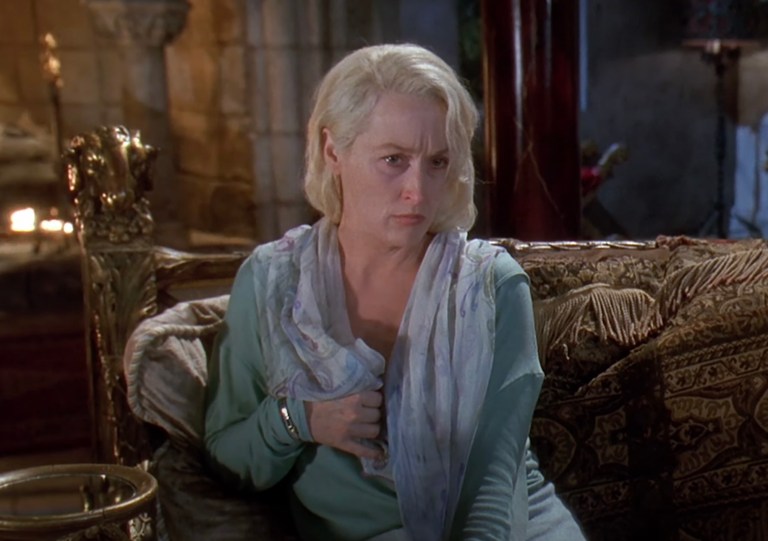
Nothing beats Meryl Streep and Goldie Hawn as frenemies-turned-co-dependent immortals. They take a potion, and they can stay young forever, but they must take care of their bodies. Unfortunately, their rivalry continues post-potion, leading to peeling skin that requires occasional spray painting and limbs that virtually twist and turn every which way. Let’s not forget Madeline (Streep) must untwist her neck — which looks like a squished slinky — after Helen (Hawn) wacks her with a shovel.
Remember when Madeline shoots Helen with a shotgun, leaving a gaping hole in her stomach — perfect for subsequent target practice? And, who could forget Bruce Willis as the manic man caught in between? The overly anxious plastic surgeon at the mercy of their every will and demand.
Death Becomes Her is a campy classic about society’s hyper-fixation on youth and beauty. And, though it sometimes falls short of delivering its deeper thematic messages, it’s a joyride rife with snippy dialogue, sexy and suspicious supporting characters, and mouthwatering melodrama. How about Anne Hathaway takes on Madeline and Amy Addams takes a swing at Helen? Madeline needs to be able to sing, and we all know the Les Miserables and Princess Diaries alumna is more than qualified. And as for Hel, Addams is the redhead to deliver the perfect balance of comedic meets cantankerous.
A combo of Batman Returns (1992) and Batman and Robin (1997)
Whatever happened to comic book camp in superhero movies? Nothing against the Marvel Cinematic Universe’s high-octane action spectacles that long for dramatic realness within fantastical narratives. However, can it compete with Michelle Pfeiffer as Catwoman — clad in tight leather, backflipping her way down alleyways, and uttering lines like “I am catwoman, hear me roar?” Can you even compare the two? The tones are entirely different. However, it’s not just Catwoman, it’s also Poison Ivy in green stockings with fire-red hair dancing at parties and winking at the camera. It’s Danny DeVito as Penguin — perfectly combining manic eccentricity with menace and darkly comedic expressiveness. It’s as if the comic book hops off the page and onto the screen — the same grandiose style and delivery inherent to the source material’s illustrations and dialogue.
We need another Batman movie that aims to strike this chord. A superhero movie that isn’t rife with darkness or bubbling over with testosterone-fueled, “I’m-tough-in-the-face-of-danger humor. Give us pizazz. Give us just a dash of cringe. Give us a sprinkle of foolishness. If you can’t get Tim Burton back, Barry Sonnenfeld may be a good choice for director, as he’s the man behind hits like The Addams Family and Men in Black, which carry a similar aura.
Barbarella (1968)
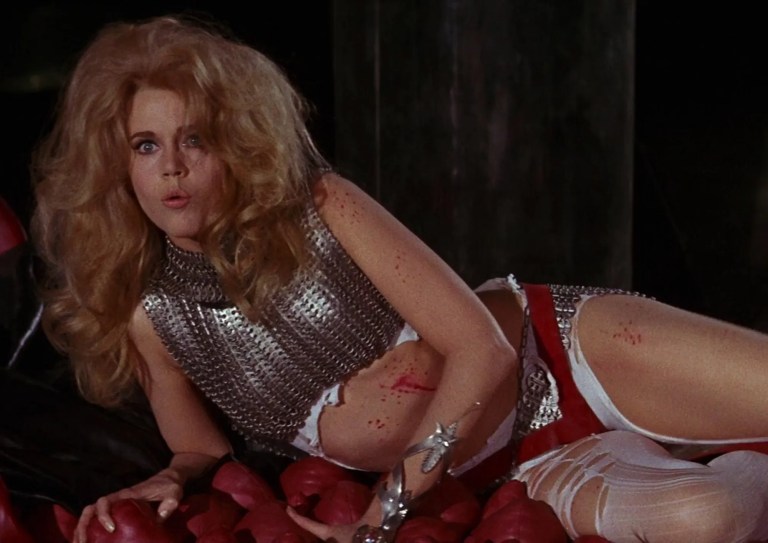
Take us back to Planet Lythion in the year 40,000 where Barbarella (Jane Fonda) makes a forced landing while traveling through space. As the movie trailer asserts, “Barbarella is a five-star, double-rated, astronavigatrix earth girl whose specialty is love.” From this gibberish alone, you know you’re getting into some sort of sci-fi absurdity.
The film completely embraces kitsch aesthetics via psychedelic costumes, futuristic sets, and techno props. Not to mention, the film is a masterclass in deadpan delivery, using very tongue-in-cheek dialogue as it mocks the science fiction films (and “space angels”) customary of the time. Casting Barbarella will be no easy feat, as the movie’s cult following will have high standards for Jane Fonda’s successor, but Audrey Plaza seems like a worthy successor — given her flair for deadpan and top-notch comedic timing.
What Ever Happened to Baby Jane? (1962)
Nothing is more camp than exaggerated performances from Hollywood icons at the end of their careers. Bette Davis and Joan Crawford star across from one another in this melodramatic tale of sibling rivalry. Baby Jane (Davis) is a former child star, now a recluse, taking care of her paraplegic sister, Blanche (Crawford). The story is filled with preposterous twists, suspense, and ultra-dramatic arguments — the ones where both parties say and do the unthinkable…over and over again. The film also presents a decadent yet decaying illustration of Hollywood glamor via a dilapidated mansion and Jane’s costumes from yesteryear.
This one will be extremely difficult to recreate in the camp department, as it’s such a product of its time — camp as a result of the actors in it (as well as their behind-the-scenes feuding) and the cinematic stylings of a bygone era. Sassy retorts, dark humor, and lavish set design are good starting points, but recasting Jane and Blance seems almost impossible. Meryl Streep and Jessica Lange seem like the only two with the career histories to carry the original film’s hype and prestige, yet also the talent necessary to morph that ingrained prestige into on-screen parody.
